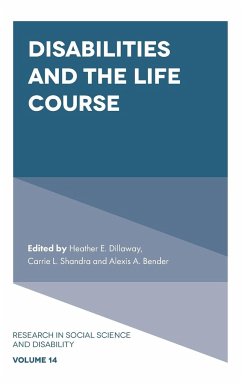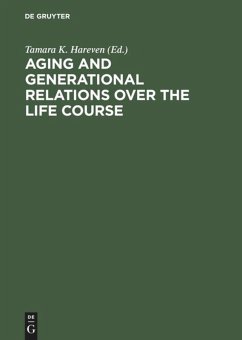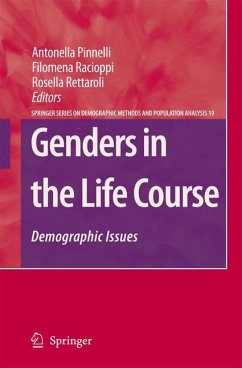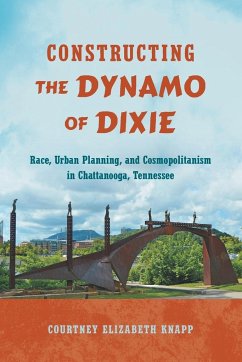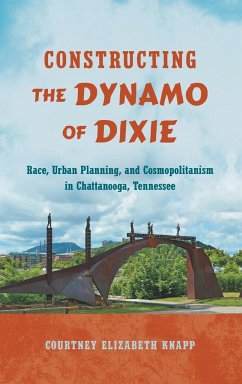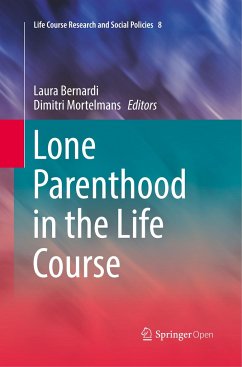
Constructing the Life Course
Versandkostenfrei!
Versandfertig in 1-2 Wochen
48,99 €
inkl. MwSt.

PAYBACK Punkte
24 °P sammeln!
Constructing the Life Course offers a social constructionist perspective on personal experience through time. The text shows the variety of ways people use life course imagery in their everyday lives and makes a useful addition to family studies or gerontology courses.







